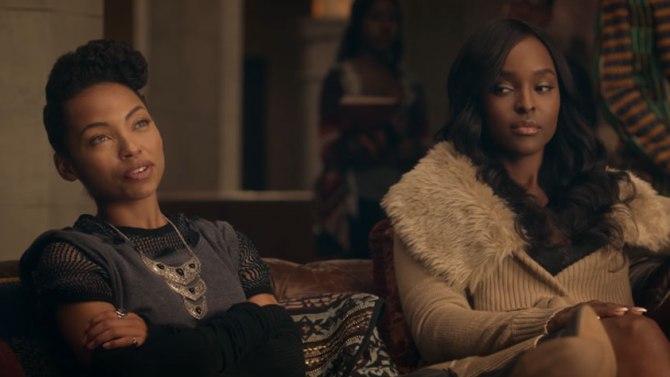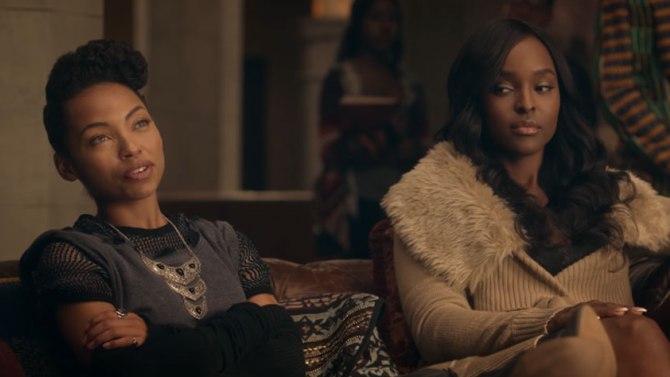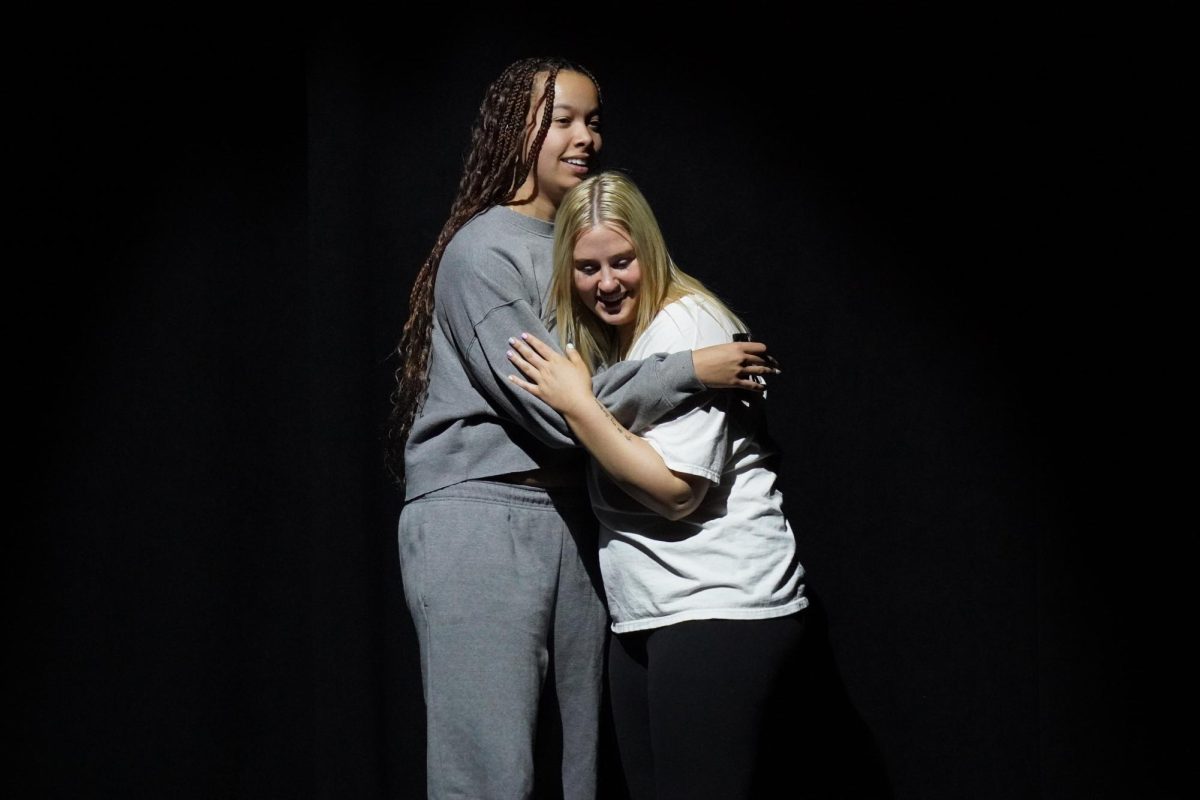facebook.com
When I was a sophomore here at Sonoma State University, I attended a greek social event on campus with a friend. Both of us are biracial and have curly hair, but my friend chose to wear hers straight that night. While attempting to enjoy ourselves, we were approached by a white male student that may have had a bit too much alcohol in his system. He asked my friend if she wanted to dance and immediately turned to me to justify why he chose her.
“I think you are both cute. I just like her more, it’s the straight hair, you know?”
Not to say I haven’t experienced this micro-aggression before, but there’s something about facing this in the same place I work, live and study. In that moment, he acknowledged me as a minority, insisting on pointing out what makes me “different.” I left the dance shortly after, questioning if I will ever be accepted.
Minority students on predominantly white college campuses face micro-aggressions far too often, and figuring out how to address and deal with the frustrations that amount from these, in this day and age, is a battle in its own.
The recently released Netflix series “Dear White People” is a drama-comedy following students on a fictional ivy league campus, Winchester, a predominately white institution. They navigate through similar issues centered around race, sexuality and class. The series is adapted from the 2014 critically acclaimed film of the same name and picks up where it left off, in the midst of a controversial blackface party .
“Dear White People, here are a list of acceptable Halloween costumes. A pirate, slutty nurse, any of our first 43 presidents. Top of the list of unacceptable costumes? Me,” the main character Sam White (Logan Browning) states unapologetically on her student-run campus radio show.
The series points out racially insensitive parties, such as blackface parties, that most would consider a thing of the past, are still happening. To put this into a Sonoma State perspective, think of those who celebrated Cinco De Mayo on Friday. This is a prime example of, how the narrator puts it in the opening of the second episode, “a chance for the majority to celebrate marginalized communities by reinforcing the very stereotypes that oppress them.”
White, who does the radio show, is biracial, and as her best friend Joelle Brooks (Ashley Blaine Featherson) puts it, “not Rashida Jones biracial. You’re Tracee Ellis-Ross biracial. The world sees you as Black.”
Yet identity concerns are the least of her worries. She tries her hand in millennial black activism alongside her friend Reggie (Marque Richardson) in a time and place where millennial black activism is considered taboo. Not to mention her love interest in a white student, Gabe (John Amedori) . She faces difficulties from various sides at once, but remains stagnant in the collective cause, bringing those who are “down for it” as well together.
All of the leading characters in the show have their own story drawn out and seen from their perspective, even Gabe. This style offers a level of sympathy and understanding to the viewer, similar to “Orange is the New Black,” the only other Lionsgate Netflix series.
Lionel (DeRon Horton), who is beginning his journalism career at the school’s newspaper is a vital character to those around him, who rely on him to publish real stories that expose institutional and ideological racism without blaming its victims or representing them in a poor light. But under the surface, he is embarking on his own journey to understand and embrace his sexuality.
Pairing incredibly witty and modern dialogue, satirical classical music and the “nonthreatening” narrator, “Dear White People” is not a show only for white people. It’s not a show only for black people. It’s a show for everyone and includes something for everyone while bringing to the foreground present issues, topics and perspectives that other shows would never dare to.





![[Both photos courtesy of sonoma.edu]
Ming-Ting Mike Lee stepped in as the new SSU president following Sakakis resignation in July 2022](https://sonomastatestar.com/wp-content/uploads/2024/04/CC4520AB-22A7-41B2-9F6F-2A2D5F76A28C-1200x1200.jpeg)



























